In the early part of the 1900′ s, a personal transportation revolution began in Wilson County. The county was slowly changing from a horse and buggy society to that of motor driven vehicles. Henry Ford and his moving assembly line made the Model T Ford more affordable to the average middle class society.
One of the first automobiles in Lebanon was owned by Cumberland University president, Dr. David Earle Mitchell. When he drove it from his home it caused the horses to run wild and overturn buggies.The first automobile dealership was opened in Lebanon. The dealer was Graham & Seale, agents for Model T Fords. With the dawn of the motor car, came the consumer demand for gasoline, oil and vehicle maintenance.
William Carloss (Bill) Clay (Born: August 29, 1891 in Wilson County, Died: February 17, 1964) fulfilled this need for the citizens of Lebanon and Wilson County. In 1918 he started delivering gasoline and kerosene with Clyde Palmer as his helper in a Jimbo truck which, when it arrived in a boxcar, was in parts and had to be assembled. In 1920, Mr. Clay opened the first filling station for Diamond Oil Company. It was located on the northwest corner of the intersection of Market and Cumberland Streets. In 1927, when the Diamond Oil Company went bankrupt, the station began to sell Sinclair gasoline. In 1937 he sold the business to Pure Oil Company but bought it back on November 23, 1939. He operated both wholesale and retail business before relinquishing the retail business to Joe Thackston, one of his truck drivers.
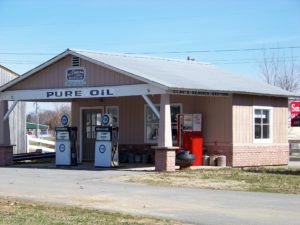
The fuel pump was located under the carport to the office in the first stations. When the trucks with beds came into prominence, a problem arose. The roof of the carport wasn’t high enough for the trucks to drive under. Thus the pumps were moved outside the carport. This was the beginning of the modern stations.
Mr. Clay had another idea for his business. Automobile owners had to wash their own cars. It seemed to him that there could be a profitable business washing cars. So Clay built the first local car wash, Modern Car Laundry.
Mr. Clay also helped to organize Wilson County’s Wool Pool, the Lamb Festival, served as the president of the Wilson County Chamber of Commerce, and a member/director of the Wilson County Farm Bureau.
This station was donated by the nieces of Mrs. Eddie Clay and the Middle Tennessee Region Antique Automobile Club of America. The replicated station was built in 2002.

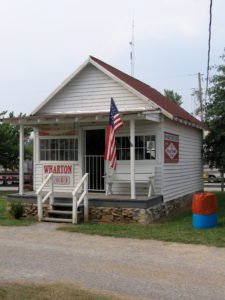
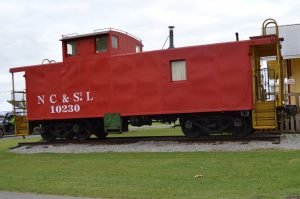


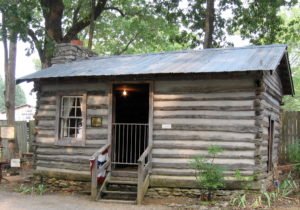


 in the summer months were almost unbearable to cook, eat and sleep inside. Poor construction of the chimneys, which were stacked sticks and lined with mud frequently caused the cabin to burn. Consequently, the settlers started building the kitchen separate from the main cabin.
in the summer months were almost unbearable to cook, eat and sleep inside. Poor construction of the chimneys, which were stacked sticks and lined with mud frequently caused the cabin to burn. Consequently, the settlers started building the kitchen separate from the main cabin.




























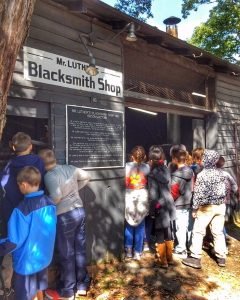




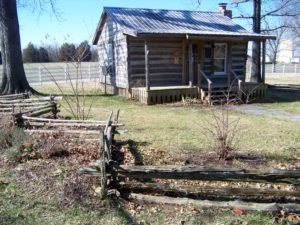



















You must be logged in to post a comment.